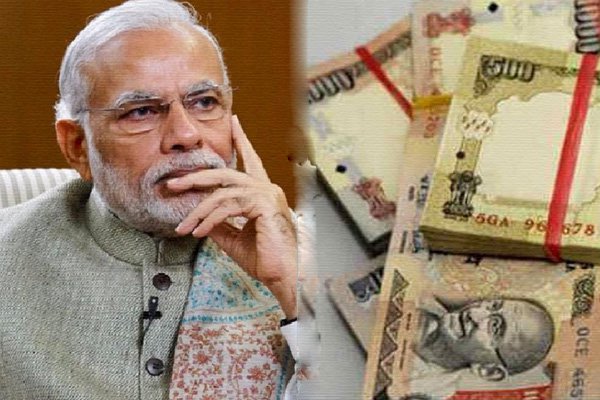In countries or in periods where crony capitalism flourishes, policies are designed to serve a few entrenched interests, who are more than willing to share the loot with politicians and officials. In place of entrepreneurial skills and efficiency in output, what counts in such countries is closeness to those at the top. Such relationships enable a web of assistance designed to subdue competition and deny consumers the right to good products at an affordable price. Several of these crony capitalists tie up with businesses from abroad, and assist them to hollow out domestic competitors. For such service to foreign companies, crony capitalists are paid usually outside the country of their origin. The result is that jobs and incomes flow from the country to others and misery reigns. Efforts at reversing long-standing policies that serve entrenched vested interests are fiercely resisted and sought to be reversed. Those getting the benefit of such policies usually have outsize influence in local media, and use that to spread the false narrative that change is harmful rather than helpful. The consequence is that citizens get riled up about the very measures designed to free them from the clutches of predators who are in league with external interests, and come onto the streets demanding that the very policies that harm them get continued. Those benefitting from such policies are usually charming hosts, and take care to cultivate foreign correspondents and feed them misinformation about policies that are a change from the past. Should a reformist government make itself inaccessible to foreign press representatives located within their shores, it ought not to come as a surprise when distorted reports appear and sometimes even motivate foreign leaders to make unhelpful and inaccurate comments about engineered protests. At such times, what is needed is for the government to bat on the front foot and show how and why arguments against policy changes designed in the public interest are essential. In this connection, it must be said that the personal diplomacy of individuals such as Montek Singh Ahluwalia, former Finance Secretary, were very helpful in giving an encouraging picture of the situation when Prime Minister Narasimha Rao tasked Finance Minister Manmohan Singh with carrying out reforms in several spheres of the economy. Such personal contact and diplomacy not only with foreign but local media is an essential element in ensuring public support for policies, and must never be neglected. A clear message loaded with facts needs to be sent out, so that efforts by interested parties to sabotage beneficial changes in policy fail. In India, whenever a government has sought to implement changes in existing policies that have created puddles of privilege in a sea of despair, efforts are made by those losing as a consequence of such changed policies to mislead public opinion. These have to be anticipated and dealt with. When Prime Minister Rajiv Gandhi spoke of introducing computers in matters of governance, he was attacked for seeking to replace human beings with machines. It was only later that the value of computers in expanding the economy gained acceptance in society. Similarly, Prime Minister Modi has encountered resistance in his efforts at expanding the scope of digital processes so that personal contact between citizen and official becomes unnecessary.
It may in the short run be good politics for some political parties and their allies to seek to demonize policy initiatives and call for their reversal. The reality is that such moves, should they succeed, will set the country back. Reversals of policy will affect the credibility of the government and damage its ability to implement far-reaching reforms. The NDA government led by the Prime Minister has a valuable asset in the trust and goodwill that people have in the intentions and capabilities of PM Narendra Modi. The government needs to draw upon this to get public backing for its initiatives. Rather than constantly be used up, such goodwill needs to be added on to, and this can happen when the benefits of policy become apparent. In the case of the revised agriculture policy, once the benefits to farmers get experienced, dissent will slow down and finally halt. Economics will trump politics, as it must in a country that has set itself the target of reaching $5 trillion GDP by 2024. This is possible, should genuine entrepreneurs be given protection from harassment by corrupt elements and encouraged. Those who reaped the benefit of crony capitalism during past regimes need to either ensure transparency and efficiency in their operations, or make way for competitors. India cannot wall itself off from external competition. This is what happened in the past, when public sector monopolies and a handful of crony capitalists erected high walls around the economy that only they could navigate with their access to power. Modi 2.0 has given promise of change that is visible in several sectors, and this must continue. The Union Budget getting prepared must not shy away
Economics over politics in Modi 2.0
इस शब्द का अर्थ जानिये
- Advertisement -

